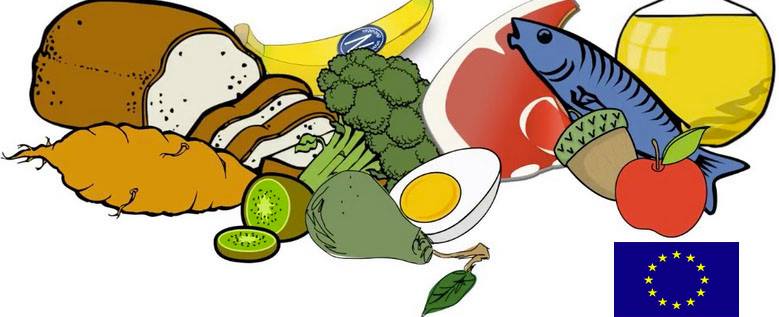We are most pleased to invite you to participate in an evening discussion on the question of food safety in Europe with our distinguished speakers:
- Mr Michael Scannell, Director, Food Chain, Stakeholders and International Relations, European Commission, DG SANTE;
- Mr Thilo Bode, Executive Director, Foodwatch.
The debate will be moderated by Joanna Sullivan, CEO, Conscience Consulting.
This event was kindly sponsored by
About the debate
As stated by the European Commission, every European citizen should be protected from health hazards, from fraud and from being misled. By upholding these principles, European institutions have adopted in 2002 the so-called General Food Law Regulation, which is considered the cornerstone of the EU regulatory framework covering the entire food chain, with special regard to food safety. The law was also put forward to ensure that science-based analysis of risk assessment, management, and communication would be applied in order to both protect citizens from health risks and trace fraudulent or potentially harmful products and producers. In addition, EU institutions established the European Food Safety Authority (EFSA) as an independent scientific agency to provide risk assessment, which forms the basis of the measures taken by the EU in the food chain.
In January 2018, as part of its ‘Smart Regulation’ policy, the Commission has presented its results of a Regulatory Fitness and Performance Programme (REFIT) of the General Food Law Regulation with a view, inter alia, at improving transparency, risk communications, and the governance of EU food policies. The EU Legislative body has in its own words acknowledged that “since the adoption of the General Food Law Regulation, the political, economic and societal context has evolved. These evolutions have affected the perception and expectations of consumers in relation to the food chain”. Within this context, in April, the Commission put forward a communication to announce the plan of revising the EU General Food Law Regulation, focussing on questions of transparency and sustainability of the risk assessment.
Notwithstanding the fact that the EU has one of the highest global standards when it comes to food safety, some observers have remarked that both the regulation and the implementation of the General Food Law have several shortcomings. This is particularly prevalent in the domains of traceability, the application of the precautionary principle, food labelling as well as in the role of public authorities and the right of consumers to start legal actions. As citizen and consumer trust constitutes the basis for a safe, sustainable and prosperous fostering of the internal market and of the EU international trade policies, the question of citizens’ protection when it comes to food should be posed. How can the EU protect citizens from food scandals?
This event will be held under the Chatham House Rule.
We look forward to seeing you at 7.00 pm on the 16th of October at The Office, rue d’Arlon, 80, Brussels.


